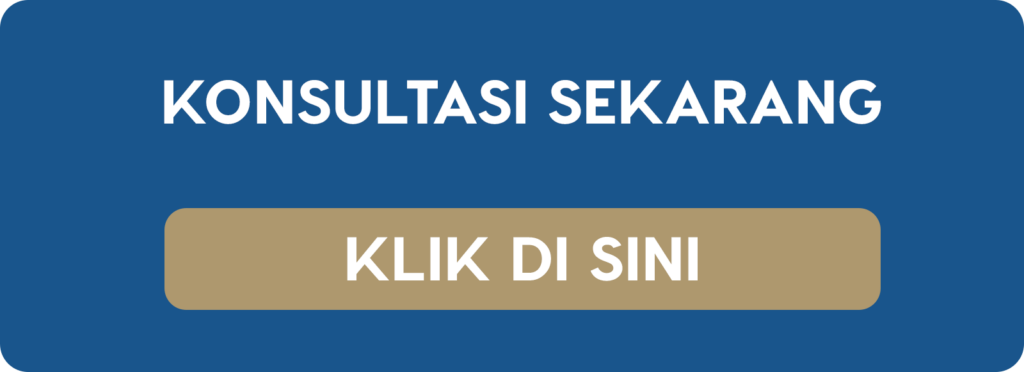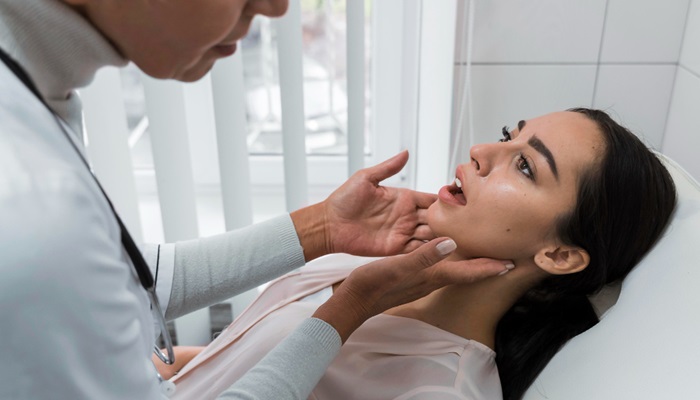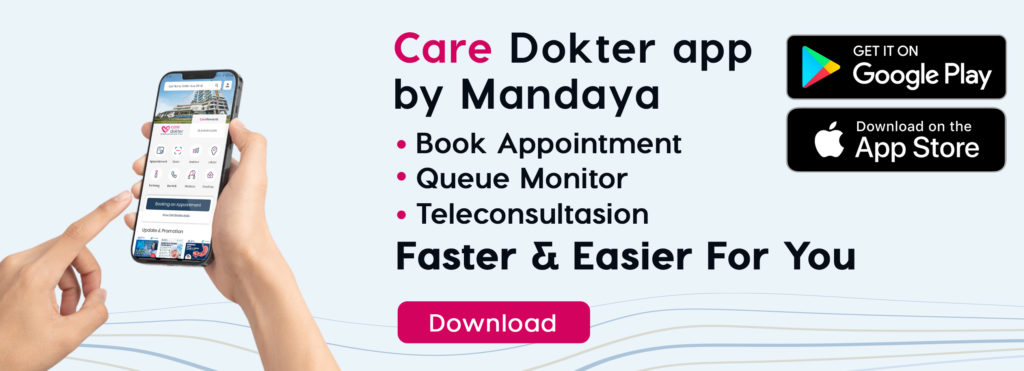A thyroid biopsy is a crucial medical procedure for diagnosing various thyroid conditions, including thyroid nodules, thyroiditis, and thyroid cancer.
Contents
Types of Thyroid Biopsy
Several types of thyroid biopsy procedures can be performed depending on medical needs and the patient’s condition:
1. Fine-Needle Aspiration (FNA) Biopsy
This is the most common type of thyroid biopsy. A thin needle is inserted into the suspicious nodule or area to collect cell samples. FNA is a minimally invasive procedure and is typically performed with ultrasound guidance for accuracy.
2. Core Needle Biopsy
This method uses a larger needle compared to FNA to extract a bigger tissue sample. It is also usually performed under ultrasound guidance.
3. Surgical Biopsy
If FNA or core needle biopsy results are inconclusive, a surgical biopsy may be needed. This procedure involves removing part or all of the thyroid nodule through surgery for further analysis.
Purpose of a Thyroid Biopsy
A doctor may recommend a thyroid biopsy for several reasons:
- Diagnosing Thyroid Nodules: Determines whether a thyroid nodule is benign or malignant (cancerous), helping doctors plan the appropriate treatment.
- Detecting Thyroid Diseases: Aids in diagnosing thyroid conditions such as Hashimoto’s disease, subacute thyroiditis, and Graves’ disease.
- Identifying Thyroid Cancer: Determines the type of thyroid cancer (papillary, follicular, medullary, or anaplastic) for better treatment planning.
- Assessing Disease Progression: Monitors the development of a known thyroid condition to evaluate treatment effectiveness or the need for further intervention.
When Should You Have a Thyroid Biopsy?
A thyroid biopsy is usually recommended in the following cases:
- The presence of a thyroid nodule detected during a physical exam or ultrasound, especially if it is larger than 1 cm, has suspicious characteristics, or grows rapidly.
- Symptoms suggesting thyroid problems, such as persistent hoarseness, difficulty swallowing, or neck pain.
- Abnormal blood test results indicating thyroid hormone imbalances or thyroid antibodies suggesting an autoimmune disease.
- A history of radiation exposure or a family history of thyroid cancer.
- Neck lumps due to enlarged lymph nodes.
Thyroid Biopsy Procedure and Aftercare
Thyroid biopsies, especially FNA, are usually performed as outpatient procedures and take about 10-20 minutes. The general steps include:
- Preparation: The patient lies on an examination table with the neck slightly extended. The skin around the neck is cleaned, and local anesthesia is applied.
- Sample Collection: A fine needle is inserted into the thyroid nodule using ultrasound guidance. Cell or tissue samples are collected and placed on glass slides or special tubes.
- Laboratory Examination: The sample is sent to a pathology lab for further analysis.
After the procedure, patients can usually resume normal activities, though there may be slight discomfort or bruising at the biopsy site. Results are typically available within a few days to a week.
For a surgical biopsy, the procedure may take about an hour, and a one-day hospital stay may be required for monitoring. General anesthesia is administered to ensure the patient feels no pain during the procedure.
Importance of a Thyroid Biopsy
A thyroid biopsy is a crucial examination to evaluate thyroid nodules and other thyroid disorders. It helps determine whether a nodule is benign or malignant, allowing doctors to plan the most suitable treatment.
If you have a thyroid nodule or concerning symptoms, consult a doctor to evaluate the need for a thyroid biopsy. Accurate diagnosis ensures effective treatment steps for better thyroid health management.
At Mandaya Hospital, our Advanced Thyroid Center provides top-notch services for thyroid cancer treatment. Our multidisciplinary team of specialists ensures the best diagnosis and treatment options.
With experienced specialists and advanced medical equipment, we offer comprehensive care, from medication to ablation procedures for thyroid cancer.

Schedule a consultation through Book Appointment or our Care Dokter app, available on Google Play and the App Store. The app allows you to book appointments, track queue numbers, and access complete medical information. You can also contact us via Whatsapp.


